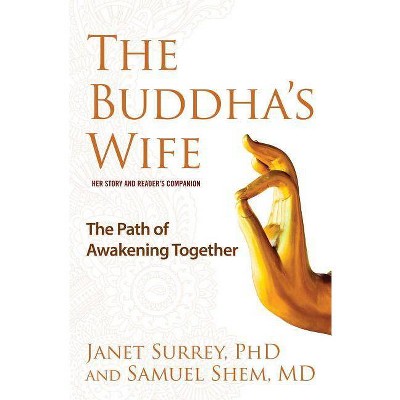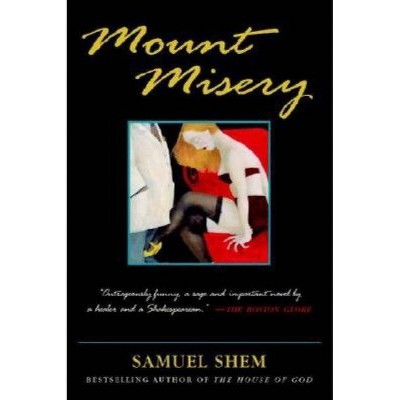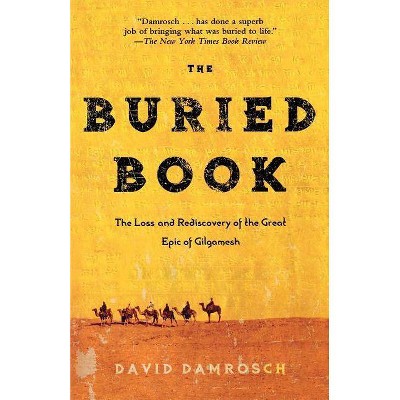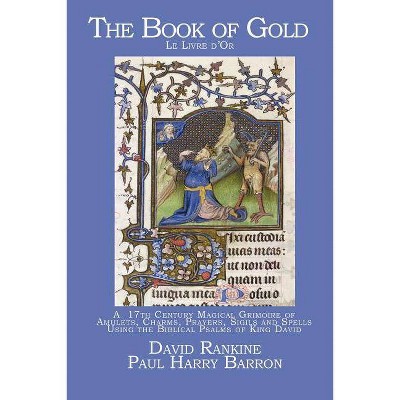The Book of Shem - by David Kishik (Paperback)
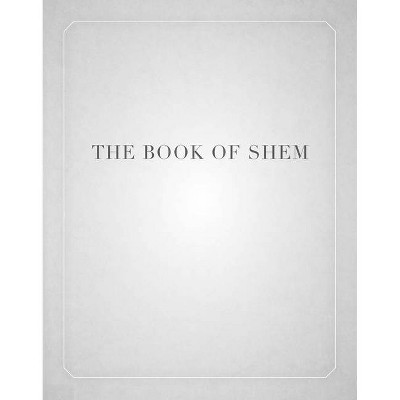
Similar Products
Products of same category from the store
AllProduct info
<p/><br></br><p><b> About the Book </b></p></br></br>In the most radical rereading of the opening chapters of Genesis since the Zohar, David Kishik reveals the post-secular and post-human implications of an ancient text that is part of our cultural DNA.<p/><br></br><p><b> Book Synopsis </b></p></br></br><p>Can anyone say anything that has not already been said about the most scrutinized text in human history? In one of the most radical rereadings of the opening chapters of Genesis since <i>The Zohar</i>, David Kishik manages to do just that. <i>The Book of Shem</i>, a philosophical meditation on the beginning of the Bible and the end of the world, offers an inspiring interpretation of this navel of world literature. The six parts of the primeval story--God's creation, the Garden of Eden, Cain and Abel, Noah's Ark, the first covenant, and the Tower of Babel--come together to address a single concern: How does one become the human being that one is? By closely analyzing the founding text of the Abrahamic religions, this short treatise rethinks some of their deepest convictions. With a mixture of reverence and violence, Kishik's creative commentary demonstrates the post-secular implications of a pre-Abrahamic position. A translation of the Hebrew source, included as an appendix, helps to peel away the endless layers of presuppositions about its meaning. </p><p/><br></br><p><b> Review Quotes </b></p></br></br><br><i>The Book of Shem</i> is a fantastic book that teaches us something new and returns us to something we have abandoned for too long. David Kishik turns his well-honed attention to a truly original question: how to translate 'origin'--how to relate it, relate to it, and let ourselves be interpellated by it.--Gil Anidjar "Columbia University"<br><br><i>The Book of Shem</i> is a rare work of scholarship that combines elegance with rigor, economy with originality. This is a book I want to teach, reread, and give as a gift.--Brian Britt "Virginia Tech"<br><br>With <i>The Book of Shem</i>, we are far from the antiquarianism or spiritual edification one normally expects from a commentary on an ancient text. David Kishik's unconventional reading follows an unconventional method, one that clearly draws on vast erudition and real linguistic expertise.--Adam Kotsko "North Central College"<br><p/><br></br><p><b> About the Author </b></p></br></br><b>David Kishik</b> is Associate Professor at Emerson College. His previous book is <i>The Manhattan Project</i> (Stanford, 2015).
Price History
Price Archive shows prices from various stores, lets you see history and find the cheapest. There is no actual sale on the website. For all support, inquiry and suggestion messages communication@pricearchive.us



